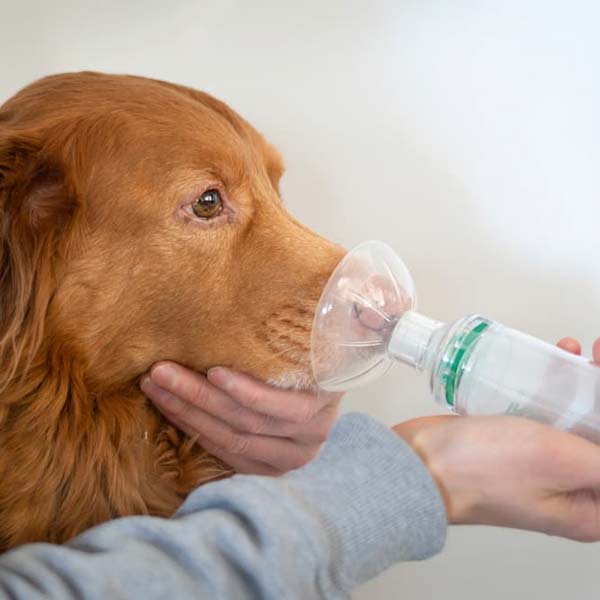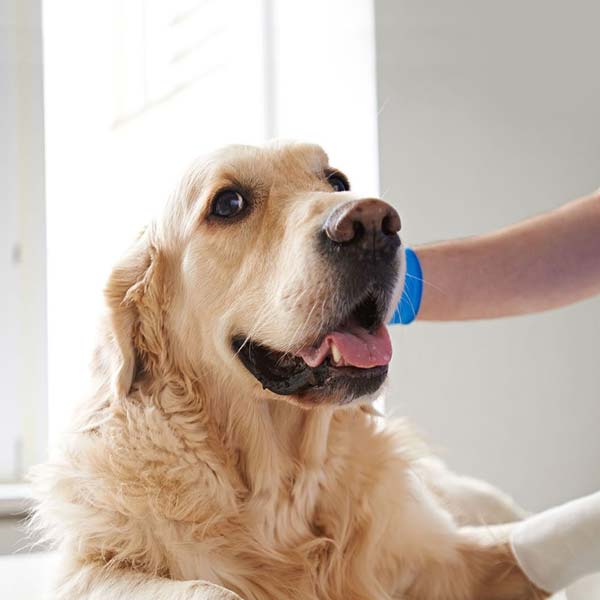As a dog owner, it’s essential to pay attention to your pup’s health and well-being, especially when it comes to their breathing. Just like humans, dogs can experience respiratory issues such as asthma, which can be challenging to diagnose and treat. In this article, we will discuss whether dogs can have asthma, how to identify the symptoms, and what you can do to help your furry friend breathe easier.

1. Can Dogs Have Asthma?
Yes, dogs can develop asthma, a chronic respiratory condition that affects the airways and makes it difficult for them to breathe. Canine asthma is a disease that causes the airways to become inflamed and produce excess mucus, leading to wheezing, coughing, and difficulty breathing. Asthma in dogs can be caused by a variety of factors, including environmental irritants, allergies, and stress.
2. Identifying the Symptoms
The symptoms of canine asthma can be difficult to identify, as they are similar to those of other respiratory conditions. However, if you notice your dog having trouble breathing or experiencing any of the following symptoms, it’s best to take them to the vet:
- Wheezing
- Coughing, especially at night or early in the morning
- Shortness of breath or rapid breathing
- Difficulty exercising or playing
- Loss of appetite or weight loss
- Lethargy or fatigue
- Bluish gums or tongue
If you notice any of these symptoms, take your dog to the vet as soon as possible, as untreated asthma can cause severe respiratory distress and even death.

3. Treatment Options
Once your veterinarian has diagnosed your dog with asthma, there are several treatment options available. The most common treatments for canine asthma include:
- Medications: Your vet may prescribe medications such as bronchodilators, corticosteroids, or anti-inflammatory drugs to help relieve inflammation and open up the airways. These medications can be given orally or via inhalers, depending on the severity of your dog’s condition.
- Environmental Management: Avoiding triggers such as smoke, pollen, or dust can also help prevent asthma attacks. You can also use air filters to improve the air quality in your home.
- Lifestyle Changes: Exercise is crucial for maintaining your dog’s lung health, but it’s essential to be mindful of how much exercise your dog is getting. Too much exercise can trigger an asthma attack. Weight management is also important, as obesity can put extra stress on your dog’s respiratory system.
- Nutritional Supplements: Certain nutritional supplements such as omega-3 fatty acids can help reduce inflammation in the airways, making it easier for your dog to breathe.
In severe cases, hospitalization may be necessary, and oxygen therapy may be required to help your dog breathe easier.

Conclusion
Asthma is a severe respiratory condition that can affect dogs as well as humans. If you suspect that your dog has asthma, it’s essential to take them to the vet as soon as possible. Once diagnosed, there are several treatment options available to help manage your dog’s symptoms and improve their quality of life. With proper management and care, your dog can live a happy and healthy life despite their respiratory condition.
